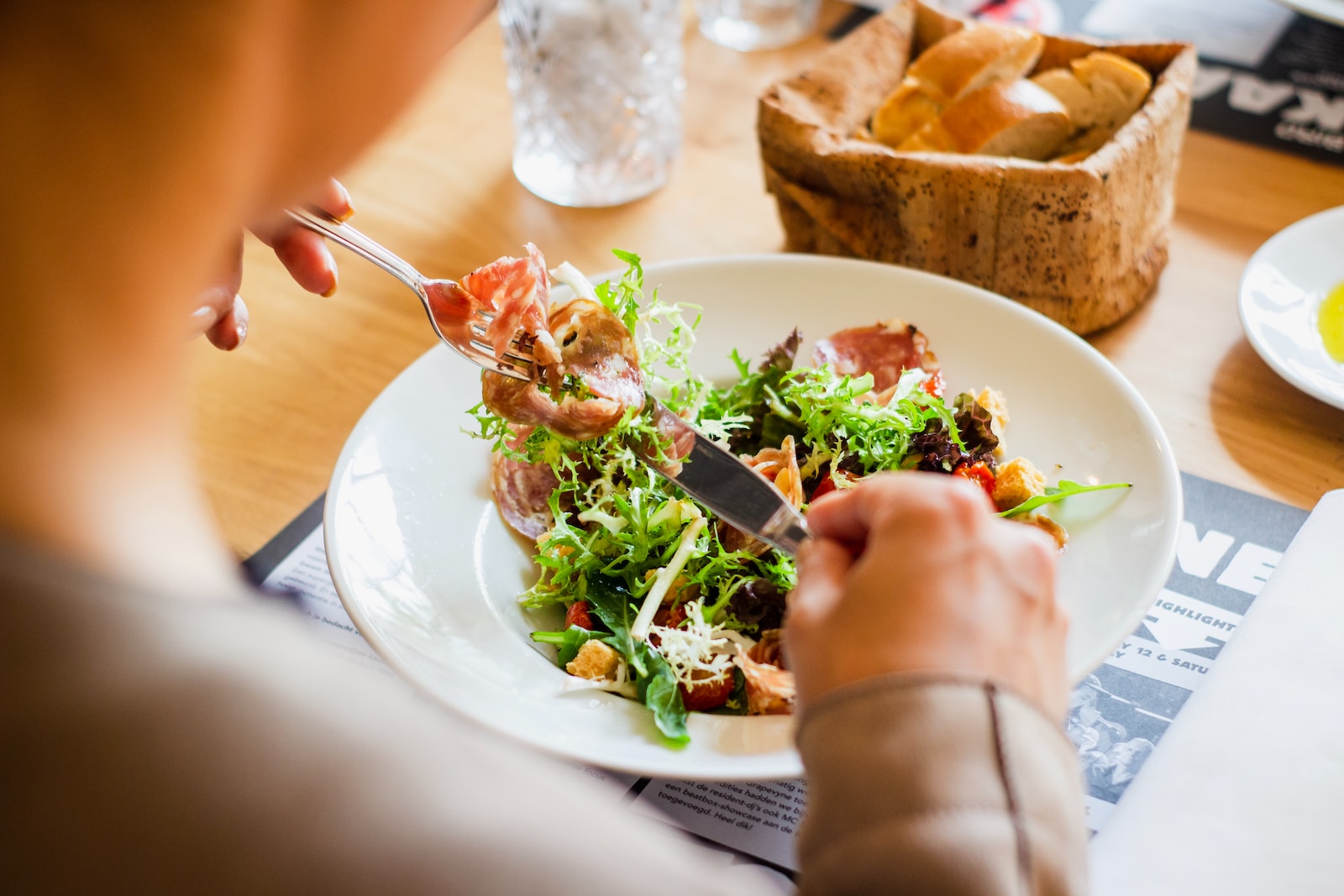![]()
In the pursuit of a healthier lifestyle and shedding those extra pounds, it’s essential to pay attention to your diet. Low-calorie high-protein foods are your secret weapon when it comes to weight loss. They not only help you feel fuller for longer but also boost your metabolism. In this comprehensive guide, we’ll explore various aspects of incorporating these foods into your daily routine, backed by expert insights and FAQs to ensure you embark on a successful weight loss journey.
Low-Calorie High-Protein Foods: What Are They?
Low-calorie high-protein foods are nutrient-packed options that offer a double benefit: they provide essential nutrients while keeping your calorie intake in check. These foods are the cornerstone of many successful weight loss plans. Here’s a look at some of the most effective options:
Lean Chicken Breast
Chicken breast is a lean protein source that’s low in calories and high in muscle-building protein. It’s incredibly versatile and can be grilled, baked, or pan-fried.
Greek Yogurt
Greek yogurt is not only rich in protein but also packed with probiotics that support gut health. Opt for the plain, non-fat variety to keep calories in check.
Quinoa
Quinoa is a complete protein source, making it a great choice for vegetarians and vegans. It’s also rich in fiber, keeping you full and satisfied.
Tofu
Tofu is an excellent plant-based protein option. It absorbs flavors well, making it a versatile ingredient in various dishes.
Salmon
Salmon is a fatty fish that provides heart-healthy omega-3 fatty acids along with protein. It’s an excellent choice for those looking to boost their metabolism.
The Benefits of Low-Calorie High-Protein Foods
Incorporating these foods into your diet offers a multitude of benefits beyond just weight loss:
1. Sustained Energy
High-protein foods release energy slowly, helping you stay energized throughout the day.
2. Muscle Maintenance
Protein is essential for muscle repair and growth, ensuring you maintain lean muscle mass during weight loss.
3. Appetite Control
Protein keeps hunger at bay by promoting feelings of fullness, reducing the temptation to overeat.
4. Metabolism Boost
Your body burns more calories digesting protein, giving your metabolism a natural boost.
5. Nutrient-Rich
Low-calorie high-protein foods are packed with essential vitamins and minerals, promoting overall health.
Incorporating Low-Calorie High-Protein Foods into Your Diet
Now that we’ve covered the basics let’s explore practical ways to include these foods in your daily meals:
1. Start Your Day Right
Kickstart your mornings with a protein-packed breakfast. Consider options like scrambled eggs with spinach or a protein smoothie.
2. Snack Smart
Swap out high-calorie snacks with healthier alternatives like Greek yogurt with berries or a handful of almonds.
3. Protein-Packed Lunch
Opt for salads with lean chicken or tofu, adding a variety of colorful vegetables for extra nutrients.
4. Dinner Delights
Grilled salmon or a quinoa stir-fry can make for delicious and satisfying dinners.
5. Hydration Matters
Stay hydrated with herbal teas or infused water to complement your protein intake.
FAQs
Q: Can I consume too much protein? A: Yes, excessive protein intake can strain your kidneys. Stick to recommended daily allowances.
Q: Are all high-protein foods low in calories? A: No, some high-protein foods can be calorie-dense, so portion control is key.
Q: Can I lose weight by eating only low-calorie high-protein foods? A: A balanced diet is crucial. Incorporate these foods but include other nutrients as well.
Q: Can vegetarians and vegans benefit from these foods? A: Absolutely! Options like tofu, quinoa, and plant-based proteins are perfect for non-meat eaters.
Q: What’s the ideal protein intake for weight loss? A: Aim for 1.2-2.2 grams of protein per kilogram of body weight, depending on activity level.
Q: Can I indulge in cheat meals while on a high-protein diet? A: Occasional indulgence is fine, but moderation is key to maintaining progress.
Summary
Low-calorie high-protein foods are your allies in the quest for weight loss. By incorporating these nutrient-rich options into your daily meals, you can achieve your fitness goals while enjoying delicious and satisfying foods. Remember to maintain a balanced diet, stay active, and consult with a healthcare professional or nutritionist for personalized guidance on your weight loss journey
